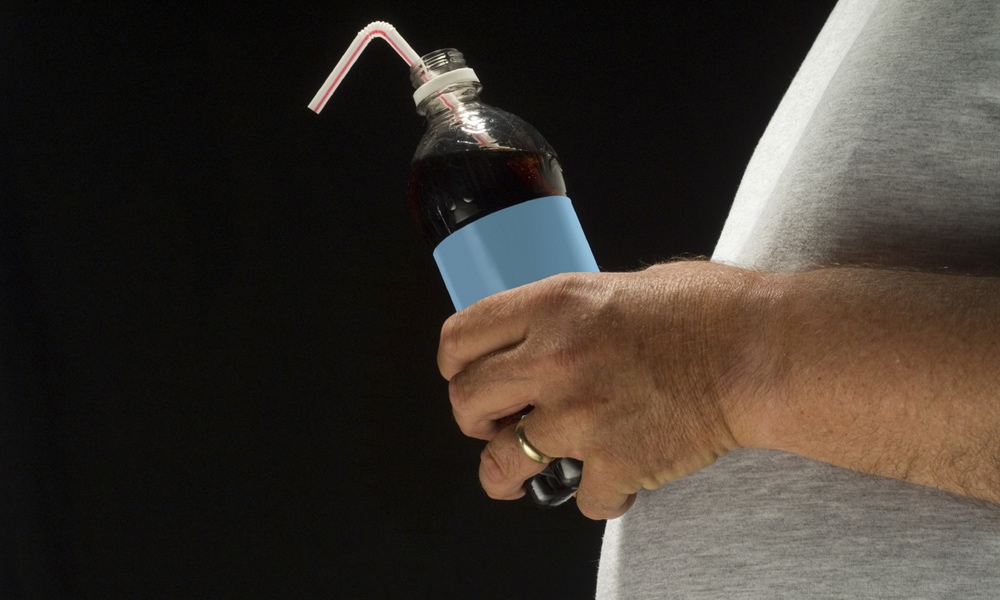Diet sodas sweetened with saccharin hit store shelves in 1952. Saccharin and the artificial sweeteners that came after it promised we could enjoy the sweetness in foods and beverages without the calories. They were thought to travel through the digestive system virtually unnoticed. For decades, however, that has been a topic of controversy.
Now a new study suggests that these artificial, or non-nutritive, sweeteners may not be such passive substances after all. In some cases they can change the microbiome, or gut bacteria, in the body that foster glucose tolerance.
Early research on mice at the Weizmann Institute of Science and the German National Cancer Center in 2014 found that non-nutritive sweeteners changed the microbiome of mice and affected their blood sugar levels. Researchers set out to study this finding in humans.The mice developed changes in blood sugar that were very similar to those of their human donors, suggesting that artificial sweeteners don’t pass through the body without effect.
The people were divided into six groups. In four of the groups, the participants were given either saccharin, aspartame, sucralose or stevia in amounts well below the FDA’s acceptable daily intake. A fifth group was given an equivalent amount of glucose and a sixth received no supplement.
For two weeks, the participants consumed the artificial sweetener according to the group they had been assigned. They took oral glucose tolerance tests to measure their body’s response to the sweeteners and used continuous glucose monitors to track their blood sugar levels. Oral and stool samples were collected, as well, to analyze participants’ microbiome.
Those groups who consumed saccharin or sucralose had greater changes in their glucose tolerance than the other groups. Consumption of any of the four non-nutritive sweeteners caused changes in the participants’ microbiomes.
“In subjects consuming the non-nutritive sweeteners, we could identify very distinct changes in the composition and function of gut microbes, and the molecules they secrete into peripheral blood. This seemed to suggest that gut microbes in the human body are rather responsive to each of these sweeteners,” researcher, Erin Elinav, an immunologist and microbiota researcher at the Weizmann Institute of Science, said in a statement.
The effects of non-nutritive sweeteners will not be the same in everyone because every human has a unique microbiome.
While you don’t need to ditch the diet drinks just yet, perhaps drinking fewer of them and satisfying your thirst with water more often would be a good idea until more studies can be performed.
The study is published in Cell.





